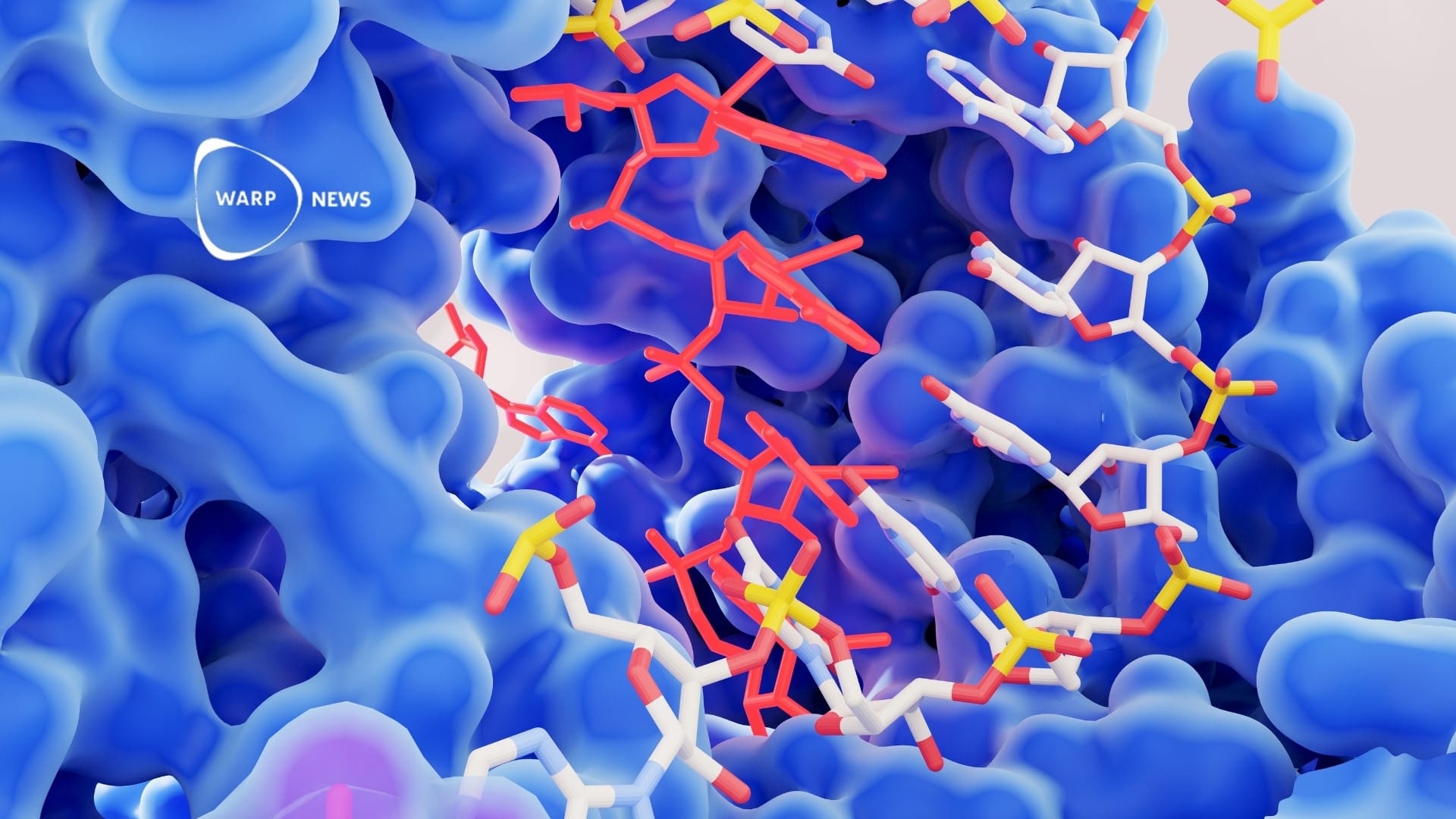
🔬 A possible treatment for deadly pancreatic cancer found
Pancreatic cancer, which maintains a 95% mortality rate, is resistant to all current treatments. But now scientist have discovered a molecule that reduces the cancer cells by 90 percent.
Share this story!
Patients with pancreatic cancer have extremely poor chances of surviving for five years after being diagnosed—and since the disease does not show symptoms until the advanced stages, it is notoriously hard to diagnose.
However, this new Tel Aviv University study finds that a small molecule has the ability to induce the self-destruction of pancreatic cancer cells. The research was conducted with xenografts—transplantations of human pancreatic cancer into immunocompromised mice. The treatment reduced the number of cancer cells by 90% in the developed tumors a month after being administered.
The research holds great potential for the development of a new effective therapy to treat this aggressive cancer in humans.
“It is important to note that no adverse effects were observed, and there were no changes in the weight gain of the mice, nor in their behavior,” says Professor Cohen-Armon.
This mechanism acts efficiently in other types of cancer resistant to current therapies. The molecule PJ34 is being tested in pre-clinical trials according to FDA regulations before clinical trials begin.
News tips from Tomas Wahlgren.
Read more at Tel Aviv University.
By becoming a premium supporter, you help in the creation and sharing of fact-based optimistic news all over the world.


